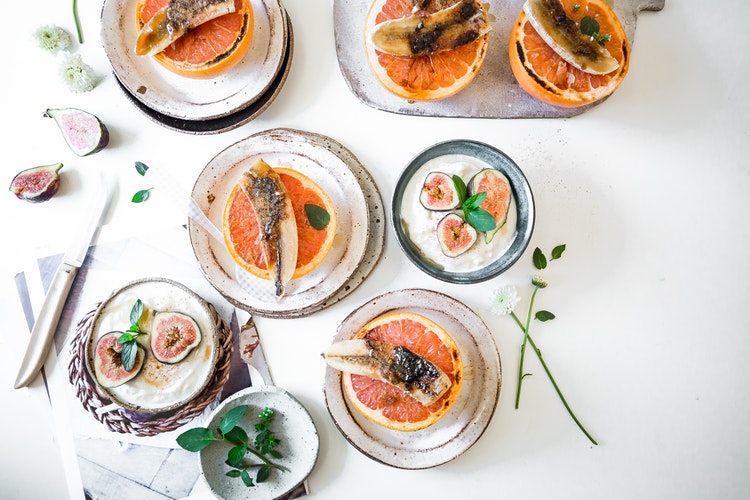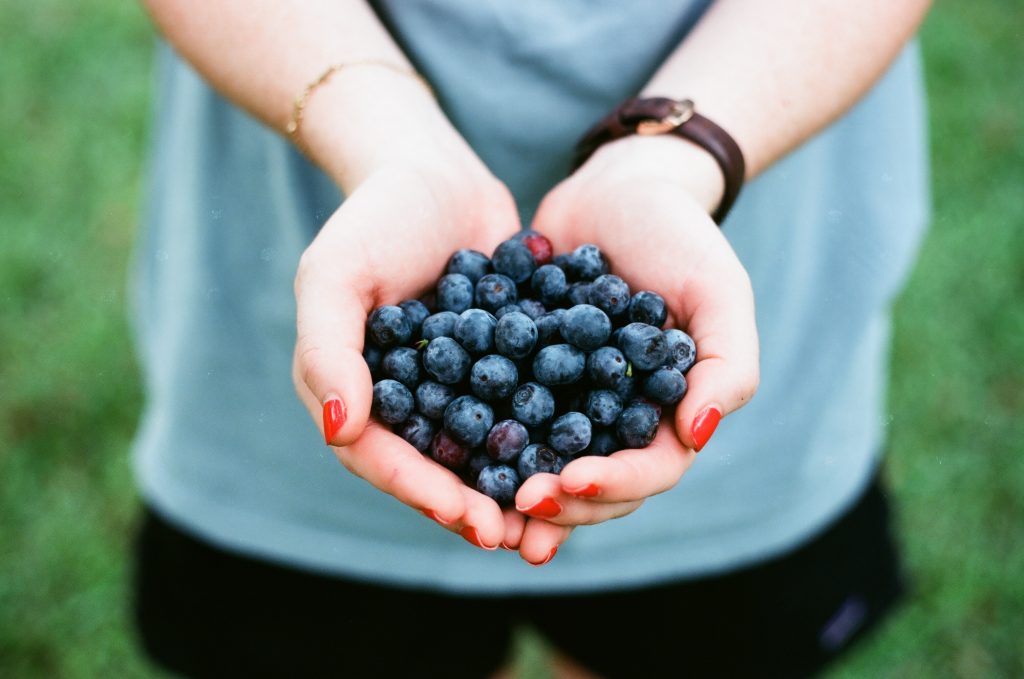If you’ve looked at the internet or had the news on recently, you’ll be well aware that veganism is on the rise, with the number of vegans living in Britain tripling in the past decade alone. We’re a nation obsessed, both with the concept and the idea that it’s on the rise. There are currently around half a million vegans in the U.K, and this rising number can be observed in the establishment of numerous vegan oriented small eateries and food stores, as well as huge chains’ efforts to cater to the needs and desires of this ever-growing group.
Some of our favourite supermarket brands, such as Ben and Jerry’s and Cornetto, are taking note of this increased demand too, with both brands now offering vegan-friendly ice-creams. With this increase in the availability of vegan products, now could be the perfect time to switch up your lifestyle and try veganism out yourself. As veganism is a complete lifestyle choice and can have a profound impact on not only your own life but others’ lives too, it can’t really be summarised in a sentence or even a paragraph or two. So, stick with us, and we’ll get comprehensive. Here is our IDEAL guide to going vegan.
SO, WHAT’S IT ALL ABOUT?
So, let’s try to summarise this alternative lifestyle choice. In short, veganism is a way of living that ultimately intends to exclude the use and consumption of any products that contain animals, animal matter, or is tested on animals.
WHY DO SO MANY PEOPLE CHOOSE TO GO VEGAN?
Now, everyone has their own individual reason for going vegan. But there do tend to be common determining factors. These are: for the animals, for the environment, and for their individual health.
For the Animals
The majority of vegans are doing it for the animals, a choice made in order to exclude all forms of animal exploitation and cruelty to animals for the sake of our wants. We’re all familiar with the horrors of factory farming and animal slaughter. We’ve seen the videos and watched the films. But animal cruelty in the food industry and goes even further than this.
Many individuals who do use animal products will argue that they only consume animal products from ‘friendly’ free range farms. Now, the general premise is that animals aren’t here for our personal use and benefit. We can’t really argue with that. They are sentient beings and should be left to live their lives as they please in the wild. An animal may well have led a satisfactory life on a farm with plenty of room to roam, food to eat, and shelter to rest in, but the ultimate act of killing it for a meal that we do not need its flesh to make complete is the part that vegans can not find justifiable. If you take a look at animal’s natural lifespan in comparison to the age that an animal is killed, it’s shocking to learn that most animals are still in their youth when taken.
Financially, this decision makes sense even for the more ethical farmers. For the most profit you kill an animal the moment it reaches its optimum size and weight: otherwise, you’ll be digging into your profits by continuing to feed and shelter the animal when you aren’t gaining anything more from it financially.
It is also important to note that “free-range” when it comes to the farming industry is a very loose legal term. Free range eggs can, in fact, come from hens that are stored in their thousands in a barn and have a tiny outdoor pen just a metre or so wide that barely any can actually make their way out to the space outside. There are also further problems in the farming process: male chicks laid by hens that have been specifically bred to lay eggs cannot lay eggs but are not selectively bred to grow large enough to meet the needs of the meat market. They are thus not of any profitable use and are killed en mass through suffocation, drowning, electrocution or being placed through a machine similar to a wood chipper shortly after hatching.
Contrary to the commonly held belief (originally spread by the dairy industry), dairy cows do not produce milk constantly throughout their entire lives. They only produce milk for their young. This means that they have to be artificially inseminated, and go through pregnancy and birth for their bodies to start producing milk. Their calves are taken from them and sent for veal farming. Then the milk that was intended for the calf that has now been separated from them is milked from them, sterilized, and bottled for human consumption.
For the Environment
The production of meat and dairy has a profoundly detrimental effect on the environment and is speeding up climate change dramatically. The mass farming of cows has resulted in an increase in the amount of cow waste throughout the planet. The millions of animals crammed into factory farming units worldwide create an astounding volume of methane from their gases and faeces. Ruminant animals such as cows, goats, and sheep produce the gas while digesting their food and it’s constantly emitted from the cesspools produced by the dung of these animals and pigs. To put it simply, animal agriculture is the biggest cause of methane emissions in the world and many take a stand against it for the sake of the planet.
Another factor that needs to be brought into account when regarding the environment and livestock farming is the sheer amount of land and water that is used to grow crops that are then used to feed the animals intended for our consumption. This contributes greatly to deforestation, habitat loss, and species extinction, and is seen as ridiculous when we could simply consume the original crops ourselves. Also to be considered are the emissions produced in the transport of livestock to slaughterhouses, their corpses to butchers, and the packaged meat from butchers to our forks.
For their Health
Countless studies have been conducted regarding the health consequences of eating meat, and conclusions are clear; it’s not good for us. Red meat, in particular, is high in saturated fats and is linked to the development of serious heart conditions, so by cutting this out, you should have a lower risk of developing heart disease and type two diabetes. Remember that going vegan alone will not make you healthy in and of itself. Just like any other lifestyle, you need to ensure that you maintain a balanced diet and plenty of exercise.
BUT WHAT ABOUT PROTEIN?
This is the line that will make the majority of vegans roll their eyes straight away. “But what about protein?” is perhaps the question that non-meat-eaters are asked most regularly. You really needn’t worry about protein – or rather, a lack of it – when it comes to going vegan. There are plenty of ingredients which contain it besides meat: leafy greens such as kale, grains such as quinoa, nuts such as almonds and cashews, and soy products such as tempeh are just a few examples. Other nutrients that you may have gained from meat in the past can also be found in supplements, such as vegan dha.
CAN I DO THINGS GRADUALLY?
Now, diving headfirst into a lifestyle that eliminates meat, dairy and eggs can be daunting. A whole host of things that you used to consume will become off limits.. Remember that you don’t need to cut absolutely everything out at once. Consider cutting things out in stages. First meat, then milk, then yoghurt, then eggs, for example. This will give you more time to get used to working without animal ingredients, and any progress is positive.
Whether for the animals, for the environment, or for your individual health, there’s never been an easier, more understanding time to go vegan. If this sounds like the ideal time for you, then good luck. We salute you!








